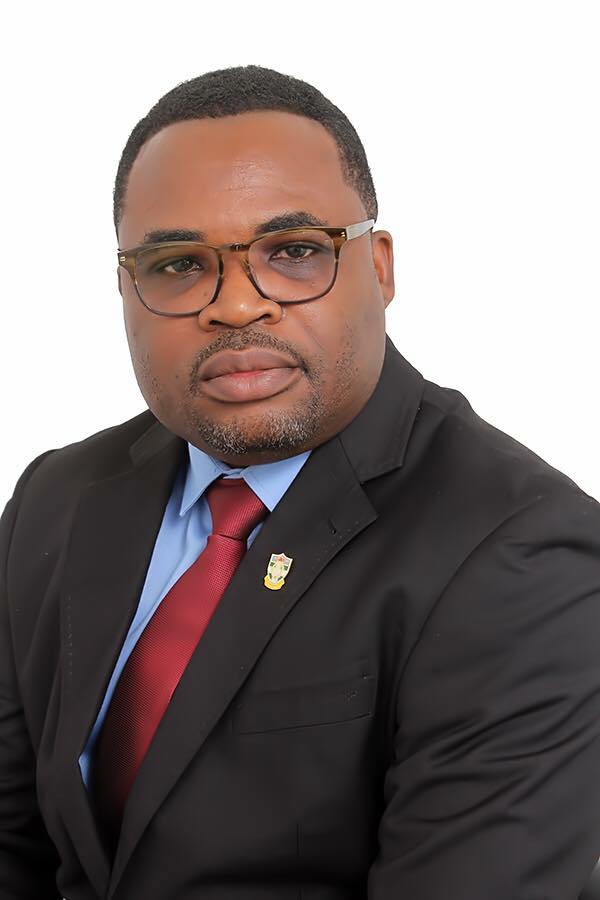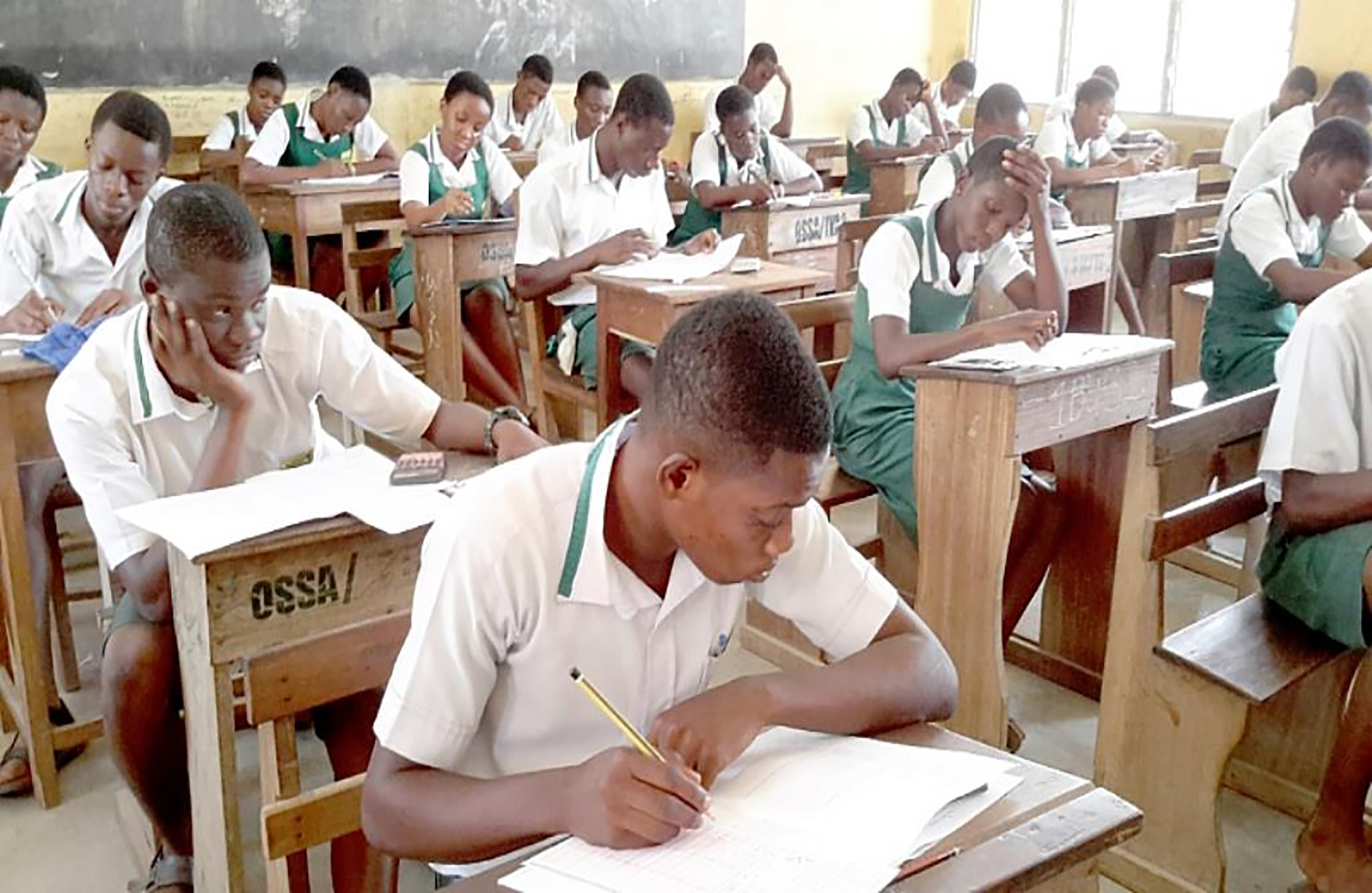Last Sunday, February 10, 2019, my attention was drawn to a story on Citi News Room online portal. The headline was ‘JHS, SHS Certificates to be upgraded to Diplomas – Education Minister’.
My first instinct upon reading was to recheck the portal to assure myself that I was not reading a story from a fake website. I followed up by downloading the story and I was beside myself with disbelief. That the Minister of Education had in a speech during a function at the Danquah Institute, announced plans by the government to upgrade the syllabuses of the Junior and Senior High Schools to enable the certificates issued to be upgraded from the Basic Education (BECE) Certificates into National Higher Diplomas and the West Africa Senior School Certificates (WASSCE) to National Diplomas.
In his lecture under the theme, ‘World Class Education, an Imperative for the Next Generation of Leaders’, the Minister of Education had argued that if people in the 1960s and 1970s could use the Middle School Leaving Certificates (MSLC) to enter the Military, why couldn’t someone now go into the world of work today with the Senior High School Diploma? Even though I am nowhere near being an educationist, I had a good laugh. How could our Minister of Education make such an analogy which was clearly akin to playing ‘chaskele’ with the education of our nationals?
My understanding is that up until the 1940s, students who enrolled for secondary education sat for the Cambridge School Certificate which was to prepare candidates for admission to Cambridge University. In 1961, the Education Act (Act 87) by the Nkrumah Government introduced Free and Compulsory Education. This was made up of six years of Primary education, four years of secondary education after which students went on to undertake two years of sixth-form programme leading to a three-year undergraduate programme in the University. Students who ‘fell’ off along the way or simply preferred other kinds of educational curriculum opted for Teacher Training Colleges, Nursing Training Colleges, Polytechnics and other vocational type of institutions.
By the 1970s, government had decided that the system was too long and too academic i.e. ‘Grammar’. Further reforms following the Dzobo Commission Report led to the introduction of the Junior Secondary School system on an experimental basis. These schools introduced practical subjects and occupational skills (with apprenticeship) which could lead to self-employment by the graduates thereafter.
Those who chose to obtain the regular Secondary School education could also join upon completion and be placed in Form Two or Three depending on academic competence of the individual student. The second cycle education at the time had three streams made up regular Secondary Schools, Secondary Technical Schools (popularly referred to as Sec-Techs) and the Technical Institutes.
In most typical secondary schools, students began Form One with subjects ranging from fifteen to eighteen. In Form three, the subjects were amalgamated into about twelve after which students who by now could clearly determine their course interest, would opt for Science, Business, Arts, Agricultural, Vocational or Technical courses. They were then required to select eight subjects (made up of core and electives in various combinations depending on each school) which they carried through to Form Five after which they sat for the Ordinary Level Examination. Depending on the grades obtained, course interests, students would then enroll for the two-year sixth-form (run by selected secondary schools across the country) to undertake various courses at the end of which they’d sit for the A-Level Examinations.
Somehow, the Junior Secondary School never went beyond their experimental status and over time became moribund. With a World Bank facility, the PNDC government undertook a major educational review which led to the introduction of the Junior Secondary School and Senior Secondary School system in 1987 to replace the Ordinary and Advanced Level system respectively.
The argument given then was that the new system was shorter in years, would increase access to basic education, make education cost-effective and make education relevant to the needs of our contemporary Ghana. Government rolled out a comprehensive public education on the crest wave of a song: ‘Children of the land, Gather courage, JSS has come to save all. Only handle the tools with care, and the psychomotor skills shall flow’. Obviously some parents went enthused and managed to push through their children through the fading O and A Level systems at all cost.
From nowhere, new subjects had been introduced for the new Junior Secondary School system. Loads of tools boxes were imported to schools that had no workshops, thus leaving them in Headmasters offices. In some schools, the JSS streams had to struggle with other classes for the use of classrooms. I remember undertaking my sixth-form National Service at the AMA ‘4’ JSS in Nungua in 1993/94 where I taught Technical Drawing and Technical Skills.
Together with the four other schools that formed the cluster, none had a workshop, so I had to sometimes take the students to nearby construction sites and carpentry workshops to observe the artisans in the usage of their tools and implements as well as appreciate the construction processes studied in the classroom. Interestingly, almost of the students got the required grades to gain admission into their selected senior secondary schools. Yet the badly psychomotor skills which the government had insisted would be a core part of the programme was nowhere close to attainment.
Upon assumption of office, the Kufuor government established the Anamuah-Mensah Committee which subtly recommended an increase in the duration of the SSS from three to four years among others including change of name from Secondary School programme to High School programme. The government began the implementation of this only to have its successor Mills government reverse it after only two cycles, without any reason.
Again, by the early 2000s, government had merged some of the subjects to reduce the burden of the students. A few more subjects were taken off a few years later. Currently, Technical Drawing and Technical Skills at the JHS levels have been merged into Building Design and Technology while Life Skills and Vocational Skills have essentially vanished from the radar. These subjects form the basis for the various courses the students undertake at the Senior High School level. Interestingly, my dear friend, you would realize by now that the main reason for introducing the JHS/SHS system has since been eroded as the curriculum is as academic as the one it replaced.
Considering the various trajectories, it does appear that rather than have one comprehensive education policy backed by law, our governments since the 1980s have chosen the path of dreaming various ideas in a rather knee-jerk manner or sometimes throw up ideas as and when they come up. Being the primary source of knowledge, education is the most important medium for succeeding in life. It is for this reason that any government that seeks to vary the structure and content of education ought to be mindful of same and ensure that a holistic approach is used.
Just a year and half ago, the Free SHS policy was introduced amidst all the implementation challenges. Then in September 2018, the Double Track system also kicked in with its changes to school calendar, duration of lessons, etc. Both systems are frought with several challenges which the various stakeholders are grappling with and struggling to have addressed. And even before these are fully addressed, here we are having the Hon. Minister bringing up another policy of replacing the BECE and WASSCE certificates with different diplomas.
It may be important for all of us to appreciate that there really is nothing in the names we choose to give our certificates from the JHS and SHS. The important thing for our policy directors and state institutions to do is to ensure that objectives for which we establish these educational systems were fully met. If we want JHS and SHS students to be employable skills, what we do is to review curriculum to reflect same. It will also require that a programme is put in place to change the mindset of all students about the rationale of the JHS and SHS programmes.
The current programmes are nowhere near the situation where they can by any stretch of imagination be converted into Diplomas for purposes of employment or job creation. At the time holders of the Middle School Leaving Certificates were using it to get employment and create jobs, that educational system had clearly built in it the systems that ensured that they were adequately prepared to be employed. As things stand now, I beg your pardon, Hon. Minister!

My dear friend,


order viagra soft tabs